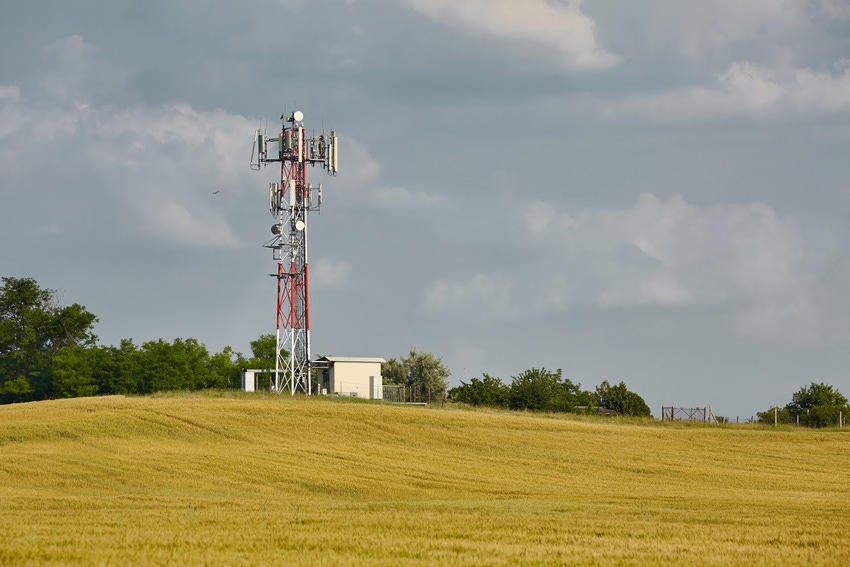New laws are slowing UK 5G rollout – IEA
A recent study by the Institute of Economic Affairs found changes in the laws around compensation for landowners has created ill-will between them and operators.
June 8, 2022

A recent study by the Institute of Economic Affairs found changes in the laws around compensation for landowners has created ill-will between them and operators.
The study is titled ‘Communication breakdown’ because is focuses on how 2017 tweaks to the Electronic Communications Code significantly lowered the amount of compensation landowners get for allowing operators to place masts and equipment on their land. Rather than just take this lying down, it seems those landowners have instead resorted to litigation, thus holding up the process of rolling out 5G networks.
It was published earlier this week to coincide with discussion in the House of Lords of a new piece of proposed legislation called the Product Security and Telecommunications Infrastructure Bill. The latter half of it seeks to address this issue but seems to favour operators even more by taking even more legal rights away from landowners.
Here’s how that bit was summarised when the new bill was put forward for public consultation at the start of this year:
New provisions to actively encourage alternative dispute resolution rather than legal proceedings where possible;
Introducing a faster procedure to allow telecoms operators to get temporary rights to access and install infrastructure on land when an occupier is unresponsive;
Giving telecoms operators rights to automatically upgrade and share equipment that was installed before 2017;
Changes to the drafting of the ECC to clarify who can grant rights to host infrastructure on land in cases where infrastructure is already installed;
Changes to the terms for renewing certain types of telecoms agreements that were in place before December 2017;
Allowing a time period to be set for the court to resolve disputes on the renewal of code agreements; and
Changes to what can be sought as temporary, interim orders while a telecoms infrastructure agreement is being renewed (for example, access rights in addition to rent payments).
The IEA reckon these new measures won’t resolve the problem created by the 2017 tweaks, especially around the valuation mechanisms that seemed to be working fine prior to then. “The price mechanism is a fantastically powerful tool,” said the author of the report, James Forder. “It is baffling that the Government seems determined to stop it operating, thereby depriving landowners of a fair return on their land, and slowing down 5G rollout at the same time. There is an urgent need to allow the market to function.”
“This is a welcome report from the IEA,” said Desmond Swayne MP. “The Electronic Communications Code interfered with a market that was working effectively. The Government sought to reduce the market price and predictably created a shortage. To address the shortage that it created, the Government has now delivered a system that simply bullies landowners into making their sites available at the reduced price. This is a classic example of arbitrary government.”
Operators would presumably beg to differ and it seems safe to assume the 2017 changes were influenced by their lobbying. They presumably argued that they were being held to ransom by greedy landowners, which was preventing them building lots of politically popular 5G infrastructure. But this process still has to be a partnership and law that significantly disfavours one half of that partnership is likely to just make matters worse.
Get the latest news straight to your inbox. Register for the Telecoms.com newsletter here.
About the Author(s)
You May Also Like








.png?width=300&auto=webp&quality=80&disable=upscale)


_1.jpg?width=300&auto=webp&quality=80&disable=upscale)


.png?width=800&auto=webp&quality=80&disable=upscale)